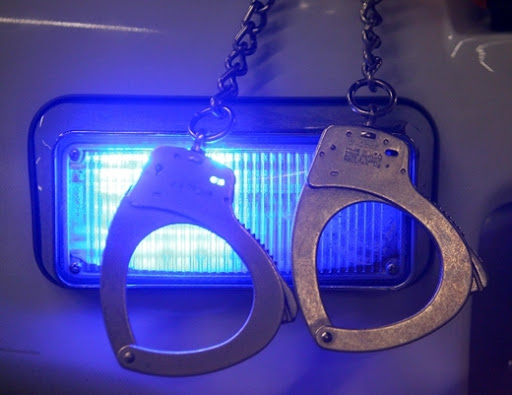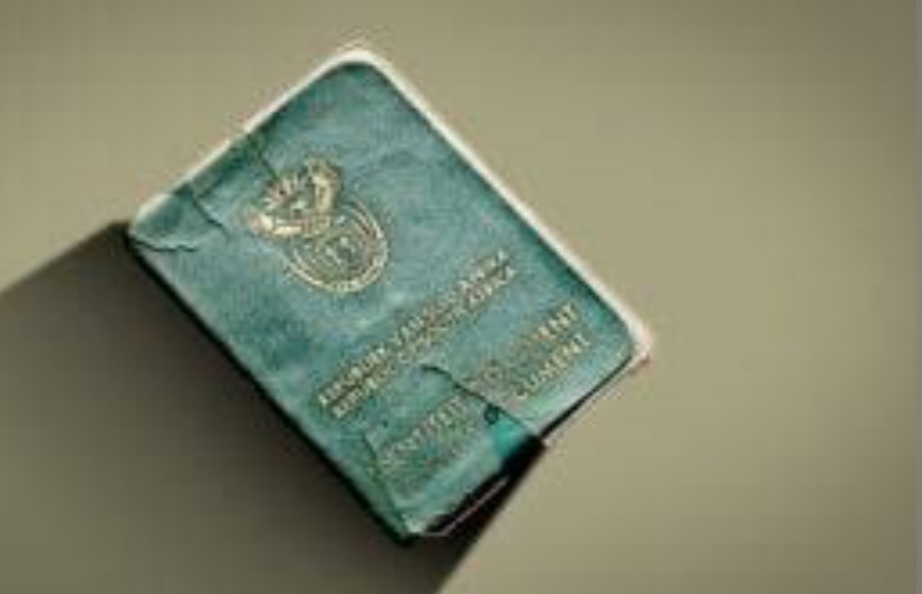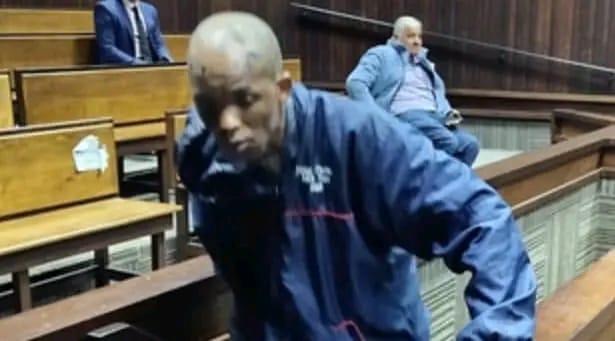The Department of Correctional Services Commissioner Makgothi Thobakgale has taken a decision not to incarcerate former President Jacob Zuma. The former president reported to the Estcourt Correctional Facility early this morning and was admitted into the system but was released two hours later on remission of sentence granted by President Cyril Ramaphosa to low-risk offenders.
IN CONTEMPT OF COURT
Zuma was released from prison by former National Commissioner of Correctional Services Arthur Fraser on medical parole in September 2021 after serving only two months of his 15-month sentence for contempt of court. The Constitutional Court sentenced Zuma after his repeated failures to appear before the Zondo Commission. The DA and Helen Suzman Foundation challenged Fraser's decision, and the courts agreed that his decision was unlawful.
SPECIAL REMISSION SYSTEM
Announcing his decision in a media briefing this morning together with Justice and Correctional Services Minister Ronald Lamola, Thobakgale said he has exercised his discretion in relation to whether the time that former president Jacob Zuma spent on unlawful medical parole should count as part of his sentence. "As the national commissioner, I have exercised my discretion as the Supreme Court of Appeal (SCA) judgment in making the decision whether or not to take into account the period served under community corrections by the former president," he said. The decision was set aside as unlawful by the courts. However, the SCA judgment left it in the commissioner's hands to decide whether he was empowered by law to consider if the time Zuma has already spent on medical parole can be considered in determining the remaining period of his incarceration. Thobakgale further said that a full list of the people who benefitted from the special remission process will be released by the end of today. He said that Zuma will not be under a system of parole but like all the other affected inmates, the department will keep in contact with him.
RAMAPHOSA CONFIRMS HE APPROVED REMISSION FOR LOW-RISK OFFENDERS
Taking to the podium, Lamola defended their decision to give Zuma the special remission stating that it was a decision that started in April to cut down on prison overcrowding. Lamola emphasised that Thobakgale complied with the SCA ruling that Zuma must return to prison. "The special remission granted to Zuma was part of a parallel process that was designed to address overcrowding in prisons. It was not a specific process designed for Zuma. Over 9 000 inmates have benefitted from this," he said. Ramaphosa confirmed today that he has approved the remission of non-violent offenders in South Africa. The President further said the remission of sentences is a crucial aspect of the South African justice system. "It's important to note that certain offenders, such as those convicted of sexual offences, tampering with essential infrastructure, serving life sentences, and being declared dangerous criminals, are excluded from this criterion of this special remission. Despite this, low-risk offenders in these categories may still be eligible for a 12-month remission. Offenders convicted of non-violent and nonsexual crimes will be eligible for up to 24 months of remission after completing the pre-release program and risk assessment and providing fingerprints and DNA samples for comparison to the South African Police Service database," he said. He further said that this decision will result in the deportation of 3064 foreign nationals serving short-term sentences under the guidance of the Department of Home Affairs.
OVERCROWDING IN PRISONS
There are currently 212 286 inmates, including 9 351 foreign nationals, managed by the Department of Correctional Services across the country's 243 correctional centres and 218 community centres. "The current occupancy rate is 143%, with the overcrowding rate at 43.06%. The recent loss of 3 024 beds at Kutama Sinthumule due to fire means that overcrowding will increase by 4%, raising the overcrowding rate to 47.06%, and in turn, the occupancy rate will increase by 147 %. This poses a direct threat to inmate health, security, and management, and it could lead to a surge in gangsterism. More importantly, it hampers the department's ability to provide development and rehabilitation programmes," Ramaphosa said.







